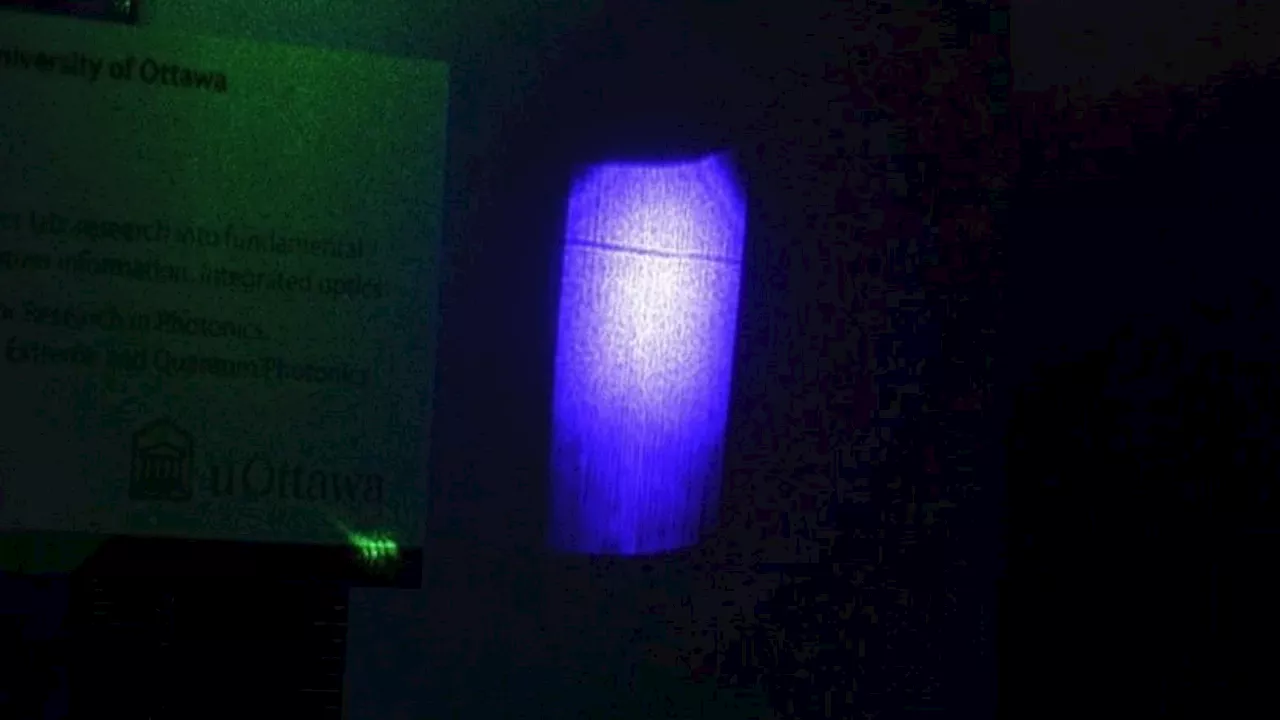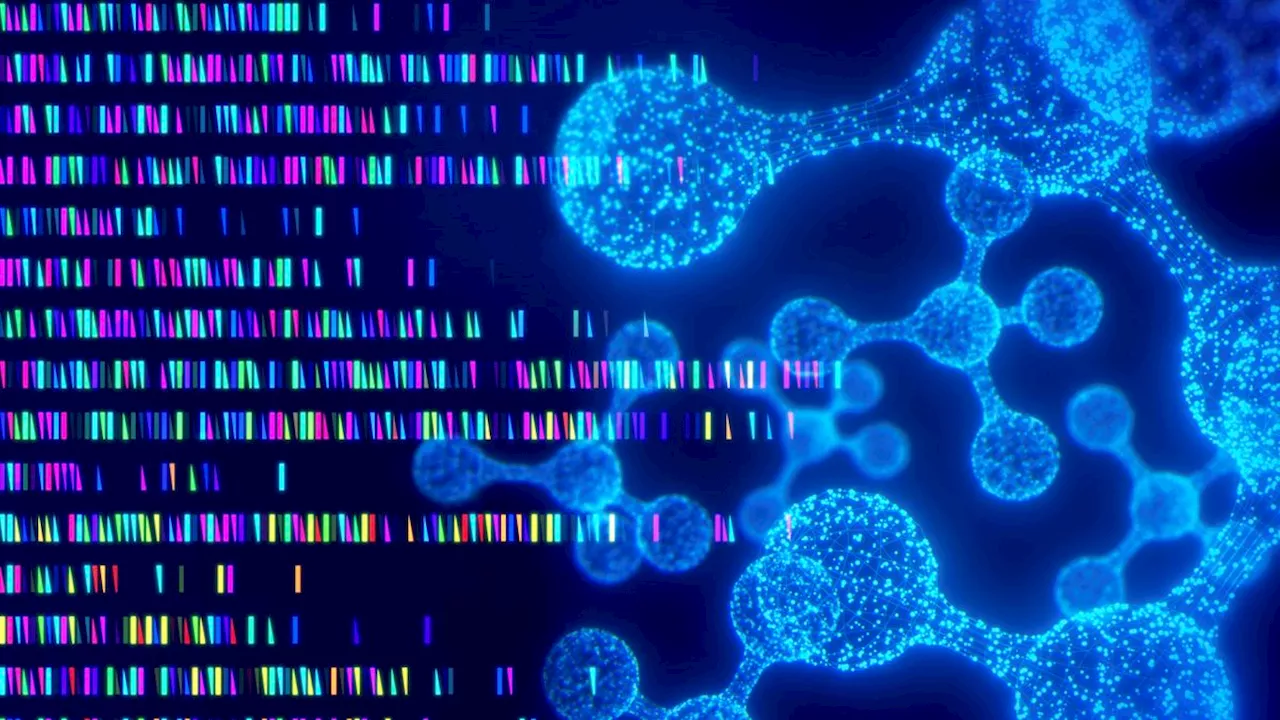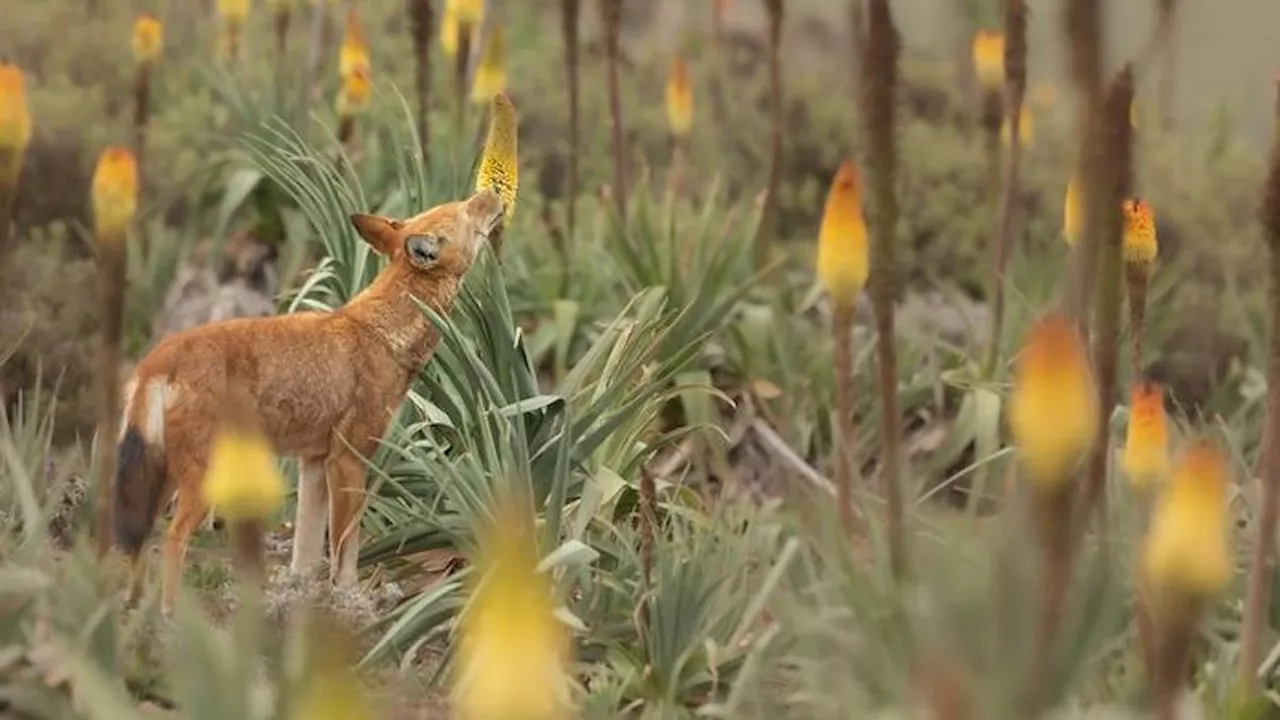Skyler Ware is a freelance science journalist covering chemistry, biology, paleontology and Earth science. She was a 2023 AAAS Mass Media Science and Engineering Fellow at Science News. Her work has also appeared in Science News Explores, ZME Science and Chembites, among others. Skyler has a Ph.D. in chemistry from Caltech.
Massive volcanic eruptions have reshaped Earth and its climate at several points in history. New research suggests that long after these surface eruptions ceased, carbon dioxide dissolved in underground magmas could have slowly escaped to the surface. This"cryptic carbon" may have contributed to prolonged periods of warming, slow climate recovery, and mass extinctions.
"The scale of these volcanic provinces, I think, is very difficult for humans to comprehend," said Ben Black, the study's lead author, a volcanologist at Rutgers University in New Jersey."We're talking about volcanic events that can mobilize enough magma to cover the continental U.S. half a kilometer deep.
By submitting your information you agree to the Terms & Conditions and Privacy Policy and are aged 16 or over.In the new study, published in Nature Geoscience, Black and his colleagues proposed another explanation — that carbon continued to leak from the volcanoes after their eruptions ceased. Their simulations showed that initially, pressure in a magma chamber builds until cracks in the crust form, allowing the magma to seep out onto Earth's surface. But over time, the magma warms the crust enough that the surrounding rock flows more easily, making it harder to build up enough pressure for a surface eruption.
United States Latest News, United States Headlines
Similar News:You can also read news stories similar to this one that we have collected from other news sources.
 Chemists broke a 100-year-old rule to make extremely unstable moleculesSkyler Ware is a freelance science journalist covering chemistry, biology, paleontology and Earth science. She was a 2023 AAAS Mass Media Science and Engineering Fellow at Science News. Her work has also appeared in Science News Explores, ZME Science and Chembites, among others. Skyler has a Ph.D. in chemistry from Caltech.
Chemists broke a 100-year-old rule to make extremely unstable moleculesSkyler Ware is a freelance science journalist covering chemistry, biology, paleontology and Earth science. She was a 2023 AAAS Mass Media Science and Engineering Fellow at Science News. Her work has also appeared in Science News Explores, ZME Science and Chembites, among others. Skyler has a Ph.D. in chemistry from Caltech.
Read more »
 New memory chip controlled by light and magnets could one day make AI computing less power-hungrySkyler Ware is a freelance science journalist covering chemistry, biology, paleontology and Earth science. She was a 2023 AAAS Mass Media Science and Engineering Fellow at Science News. Her work has also appeared in Science News Explores, ZME Science and Chembites, among others. Skyler has a Ph.D. in chemistry from Caltech.
New memory chip controlled by light and magnets could one day make AI computing less power-hungrySkyler Ware is a freelance science journalist covering chemistry, biology, paleontology and Earth science. She was a 2023 AAAS Mass Media Science and Engineering Fellow at Science News. Her work has also appeared in Science News Explores, ZME Science and Chembites, among others. Skyler has a Ph.D. in chemistry from Caltech.
Read more »
 'Edge of chaos' neuroscience theory could lead to superfast computing chips that behave like superconductorsSkyler Ware is a freelance science journalist covering chemistry, biology, paleontology and Earth science. She was a 2023 AAAS Mass Media Science and Engineering Fellow at Science News. Her work has also appeared in Science News Explores, ZME Science and Chembites, among others. Skyler has a Ph.D. in chemistry from Caltech.
'Edge of chaos' neuroscience theory could lead to superfast computing chips that behave like superconductorsSkyler Ware is a freelance science journalist covering chemistry, biology, paleontology and Earth science. She was a 2023 AAAS Mass Media Science and Engineering Fellow at Science News. Her work has also appeared in Science News Explores, ZME Science and Chembites, among others. Skyler has a Ph.D. in chemistry from Caltech.
Read more »
 'It invites us to reconsider our notion of shadow': Laser beams can actually cast their own shadows, scientists discoverSkyler Ware is a freelance science journalist covering chemistry, biology, paleontology and Earth science. She was a 2023 AAAS Mass Media Science and Engineering Fellow at Science News. Her work has also appeared in Science News Explores, ZME Science and Chembites, among others. Skyler has a Ph.D. in chemistry from Caltech.
'It invites us to reconsider our notion of shadow': Laser beams can actually cast their own shadows, scientists discoverSkyler Ware is a freelance science journalist covering chemistry, biology, paleontology and Earth science. She was a 2023 AAAS Mass Media Science and Engineering Fellow at Science News. Her work has also appeared in Science News Explores, ZME Science and Chembites, among others. Skyler has a Ph.D. in chemistry from Caltech.
Read more »
 Meet Evo, an AI model that can predict the effects of gene mutations with 'unparalleled accuracy'Skyler Ware is a freelance science journalist covering chemistry, biology, paleontology and Earth science. She was a 2023 AAAS Mass Media Science and Engineering Fellow at Science News. Her work has also appeared in Science News Explores, ZME Science and Chembites, among others. Skyler has a Ph.D. in chemistry from Caltech.
Meet Evo, an AI model that can predict the effects of gene mutations with 'unparalleled accuracy'Skyler Ware is a freelance science journalist covering chemistry, biology, paleontology and Earth science. She was a 2023 AAAS Mass Media Science and Engineering Fellow at Science News. Her work has also appeared in Science News Explores, ZME Science and Chembites, among others. Skyler has a Ph.D. in chemistry from Caltech.
Read more »
 Wolves in Ethiopia spotted licking 'red hot poker' flowers like lollipopsSkyler Ware is a freelance science journalist covering chemistry, biology, paleontology and Earth science. She was a 2023 AAAS Mass Media Science and Engineering Fellow at Science News. Her work has also appeared in Science News Explores, ZME Science and Chembites, among others. Skyler has a Ph.D. in chemistry from Caltech.
Wolves in Ethiopia spotted licking 'red hot poker' flowers like lollipopsSkyler Ware is a freelance science journalist covering chemistry, biology, paleontology and Earth science. She was a 2023 AAAS Mass Media Science and Engineering Fellow at Science News. Her work has also appeared in Science News Explores, ZME Science and Chembites, among others. Skyler has a Ph.D. in chemistry from Caltech.
Read more »
